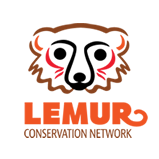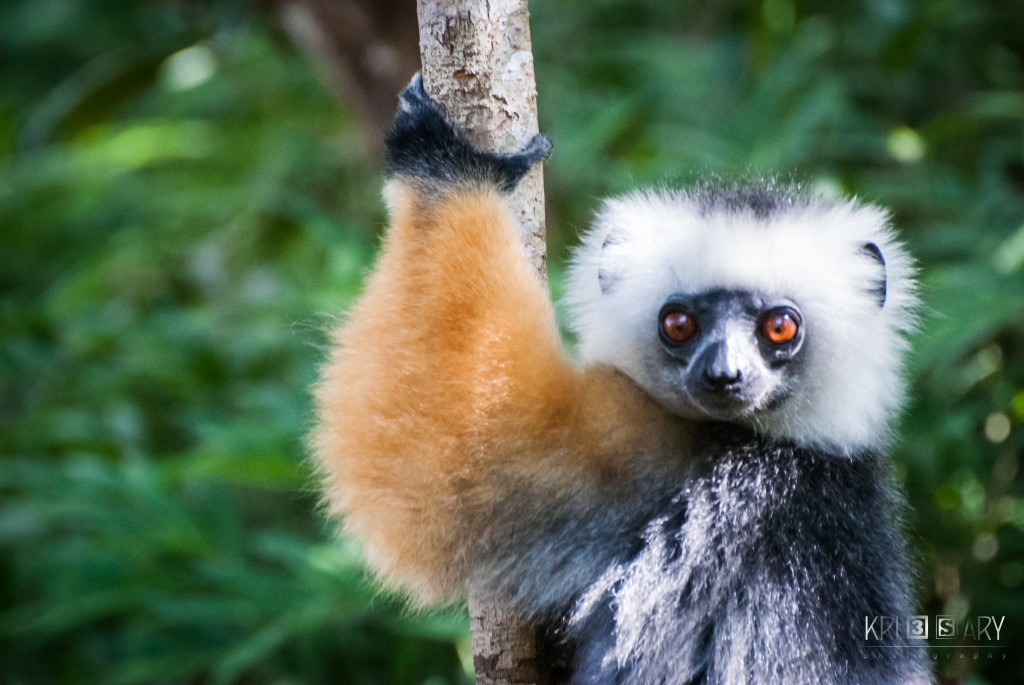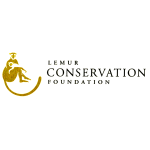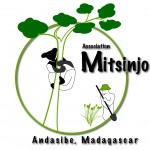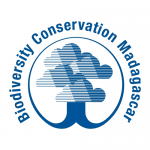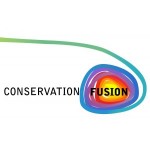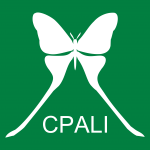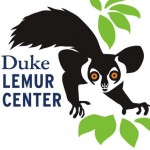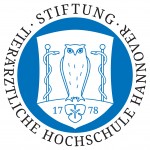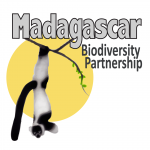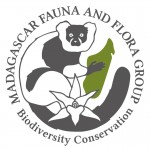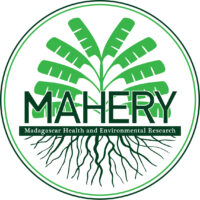Narrow conservation organizations and research groups by lemur species, what they do, and where they work in Madagascar.
- Lemurs they support
- Conservation work
- Community support
- Location
-
ADES
Supporting Member of LCNADES has 3 programs that work to reduce the demand for wood as a cooking fuel: efficient stoves, environmental education, and reforestation. These programs provide low-cost and sustainable solutions to counteract economic and environmental issues related to deforestation in Madagascar.
-
Lemur Conservation Foundation
Supporting Member of LCNThe Lemur Conservation Foundation is part of the Species Survival Plan through managed breeding at their reserve in Florida. In Madagascar, they support education programs and a tourist and research camp in Anjanaharibe-Sud Special Reserve, home to silky sifakas and indri.
-
The Dr. Abigail Ross Foundation for Applied Conservation (TDARFAC)
Supporting Member of LCNTDARFAC’s mission is to solve critical conservation problems by cultivating new approaches with innovative techniques and applications through the support of community-led initiatives. We focus on building capacity, amplifying voices, and partnering with local communities.
-
Wildlife Madagascar
Supporting Member of LCNWildlife Madagascar seeks to address Madagascar’s biodiversity crisis by integrating wildlife conservation programs with community development. They conduct scientific studies, provide habitat protection, and partner with local communities in training, resource use, and enterprise to create lasting and sustainable change.
-
Association Mitsinjo
Association Mitsinjo was created in 1999 by the residents of Andasibe village, and manages the forest station at Analamazoatra Special Reserve.
-
Biodiversity Conservation Madagascar
Biodiversity Conservation Madagascar (BCM) is the conservation arm of Bioculture Ltd. They manage two forests on behalf of the Malagasy government through Conservation Leases: a lowland rainforest in Sahafina and the Beanka dry deciduous forest in Maintirano.
-
Conservation Fusion
Conservation Fusion conducts education programs with communities in northern (Antsiranana), eastern (Alamazaotra and Kianjavato), and southern Madagascar (Lavavolo).
-
CPALI: Conservation through Poverty Alleviation International
Conservation through Poverty Alleviation International (CPALI) applies a community-centered approach to conservation, helping impoverished communities farm and transform native resources to create sustainable enterprises.
-
Duke Lemur Center
The Duke Lemur Center (DLC) advances science through interdisciplinary research on lemurs at its living laboratory in North Carolina. The DLC SAVA Conservation project conducts conservation through environmental education, community development, and research in northeast Madagascar.
-
Eden Reforestation Projects
Eden Reforestation Projects has 46 project sites in Madagascar, employing over 3,400 people and planting over 77 million trees. They began with mangrove reforestation in 2007, and grew to include dry deciduous forests in 2012 and highland forests in 2020.
-
Institute of Zoology, University of Veterinary Medicine Hannover (TiHo)
The Institute of Zoology at the University of Veterinary Medicine Hannover protects lemurs through on-the-ground research, capacity building, and captive management, both inside and outside Madagascar, with a focus on nocturnal lemurs.
-
Madagascar Biodiversity Partnership (MBP)
The Madagascar Biodiversity Partnership (MBP) incorporates research, education and community involvement to achieve sustainability in four regions of Madagascar. In Kianjavato, they have planted over 6 million trees in partnership with local communities!
-
Madagascar Fauna and Flora Group
The Madagascar Fauna and Flora Group (MFG) unites organizations around the world to conserve Madagascar’s wildlife. With funding from its many partners, the MFG manages Parc Ivoloina and the Rendrirendry Research Station at Betampona Natural Reserve.
-
MAHERY at Harvard University
Since 2004, MAHERY has been researching the intersection of environmental health and human health, often centered on estimating the role of bushmeat hunting in decimating local wildlife populations and influencing human nutrition and food security.
-
oloNala
oloNala uses artistic expression to inspire conservation action in Madagascar. Their work include art-based environmental education, community-led conservation, and an environmentally-focused artist residency program.
